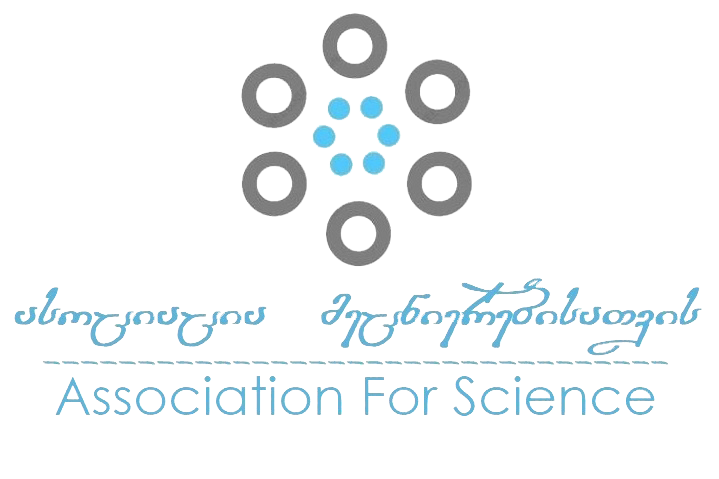The evolution of the genre of dystopia in the context of the literary
DOI:
https://doi.org/10.52340/isj.2024.28.05Keywords:
Postmodernism, postrealism, literary dystopia, genre modelling, dystopic scheme, subjectivity of narration, dystopia, utopia, anthropocentrismAbstract
The paper aims at tracing the evolution of the genre of dystopia taking into account the realities of the literary process at the end of the 20th century. Three major trends had taken shape in the Russian prose by that time - postmodernism, postrealism, and non-fiction prose (literature of existence). The fact that writers of the late 20th century often apply dystopia and expose its genre and artistic potential makes it clear that the genre is flexible and able to develop and be transformed. In modern dystopias, the subjectivity of narration becomes the notional nucleus of the works. The authors place accents in the relations between the heroes and the surrounding world in a new way, different from traditional dystopias. In the dystopias of the late 20th century, the existence of the heroes is all-sufficient. Their universes are opposed to the State not as contrary to it, but different in quality. The heroes’ spaces are isolated from the surrounding world and the isolation of the spaces is of the aesthetic nature.
Downloads
References
Цит. по: Душенко К., Шефер М. Science Fiction как критика идеологии: Утопический элемент в американской science fiction//Социокультурные утопии ХХ века. М., 2012. Вып.5.
Гальцева Р., Роднянская И. Помеха – человек. Опыт века в зеркале антиутопий//Новый мир. 1988. N 12.
Савицкий Д. Ниоткуда с любовью. Вальс для К. Рассказы. Стихи. М., 2014.
Тынянов Ю. Литературный факт//Тынянов Ю. Поэтика. История литературы. Кино. М., 1977.










